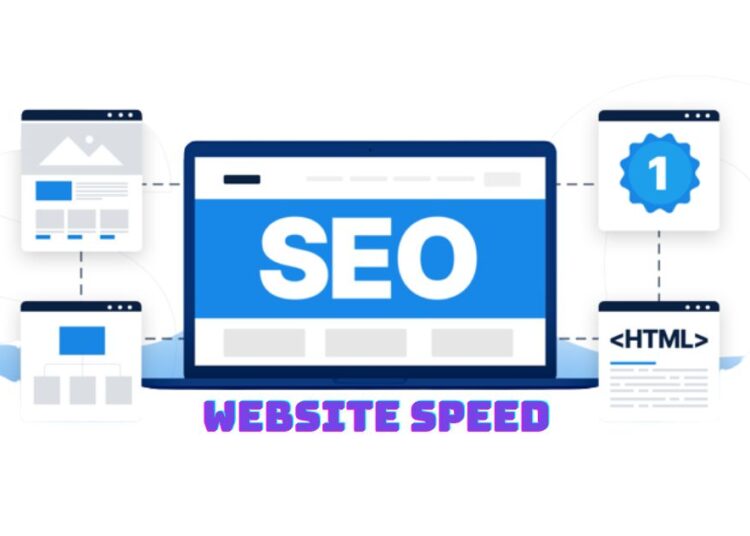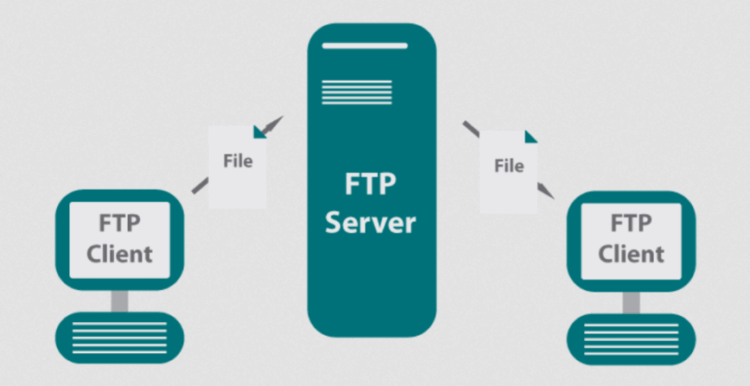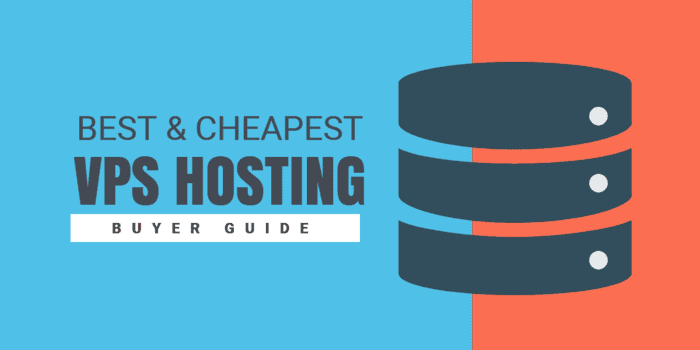Exploring the intricate connection between hosting quality and rankings, as well as the direct impact of hosting on site speed, this article delves into crucial factors that can make or break a website's performance.
How hosting impacts rankings
When it comes to rankings, the quality of hosting plays a crucial role in determining the performance of a website. Slow hosting can have detrimental effects on , impacting factors such as site speed, user experience, and search engine visibility.
Impact of Slow Hosting on Performance
- Slow loading times: Websites hosted on slow servers tend to have longer loading times, leading to higher bounce rates and lower user engagement. Search engines like Google prioritize fast-loading websites in their rankings, penalizing slow sites.
- Poor user experience: Slow hosting can result in a poor user experience, with visitors likely to abandon the site if it takes too long to load. This can negatively impact metrics such as time on site and pages per session, which are important for .
- Indexing issues: Search engine bots may struggle to crawl and index content on websites hosted on slow servers, resulting in incomplete or delayed indexing. This can affect the visibility of the site in search engine results.
Factors Influencing Rankings
- Server uptime: Websites hosted on servers with high uptime percentages are more likely to be accessible to users and search engine bots, contributing to better rankings.
- Server location: The geographical location of the hosting server can impact website speed, especially for users in different regions. Choosing a server location closer to the target audience can improve site speed and performance.
- Server speed: The speed at which a hosting server responds to requests can affect the overall performance of a website. Faster server speeds lead to quicker loading times, better user experience, and higher rankings.
Choosing the Right Hosting Provider for Optimization
It is essential to select a reliable hosting provider that offers fast servers, high uptime guarantees, and optimal server locations for optimization. Investing in quality hosting can have a significant impact on the overall success of a website in terms of search engine visibility and rankings
.
How hosting affects site speed
When it comes to website performance, hosting plays a crucial role in determining the loading speed of a site. The type of hosting you choose can directly impact how fast or slow your website loads for visitors.
Shared Hosting vs Dedicated Hosting
Shared hosting involves multiple websites sharing the same server resources, which can lead to slower loading times during peak traffic hours. On the other hand, dedicated hosting provides exclusive server resources for a single website, resulting in faster loading speeds and better performance overall.
| Hosting Type |
Impact on Site Speed |
| Shared Hosting |
Slower loading times due to shared resources |
| Dedicated Hosting |
Faster loading speeds with exclusive server resources |
Factors Contributing to Slow Site Speed related to Hosting
- Server Location: The physical distance between the server and the user can affect loading times.
- Server Resources: Limited server resources can lead to slower performance, especially during high traffic periods.
- Bandwidth Limitations: Hosting plans with restricted bandwidth may result in slower loading speeds for visitors.
- Server Configuration: Proper server configuration is essential for optimal website performance and speed.
- Server Uptime: Regular downtime can impact site speed and overall user experience.
Outcome Summary
In conclusion, the choice of hosting provider plays a pivotal role in determining a website's rankings and speed. By understanding these dynamics, webmasters can make informed decisions to optimize their online presence.
Key Questions Answered
How does server location impact rankings?
Server location can affect rankings by influencing website speed. Closer servers generally result in faster loading times, which can positively impact search engine rankings.
What are the drawbacks of shared hosting on site speed?
Shared hosting can lead to slower site speed due to sharing resources with other websites on the same server. This can result in slower loading times during peak traffic hours.










